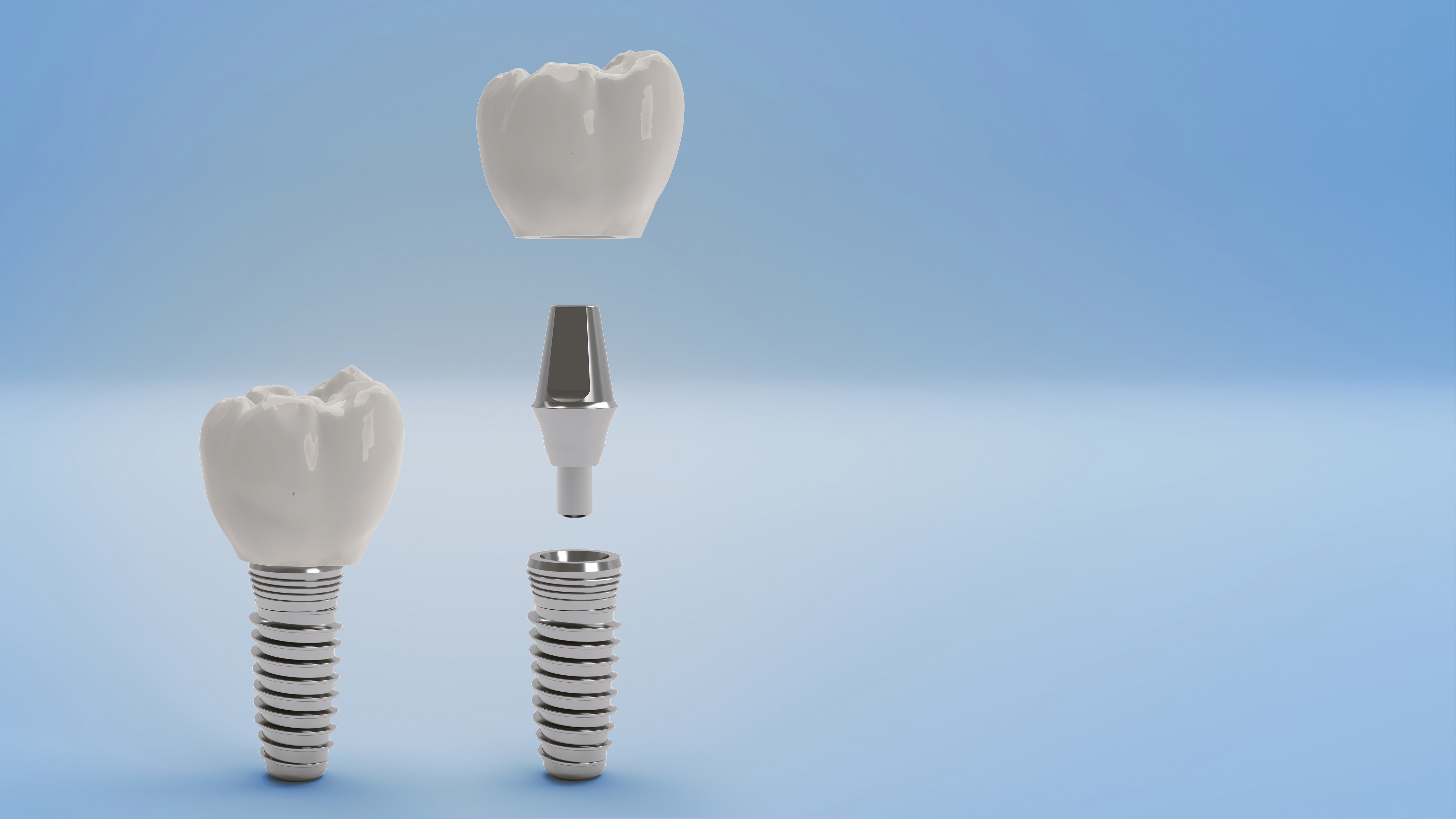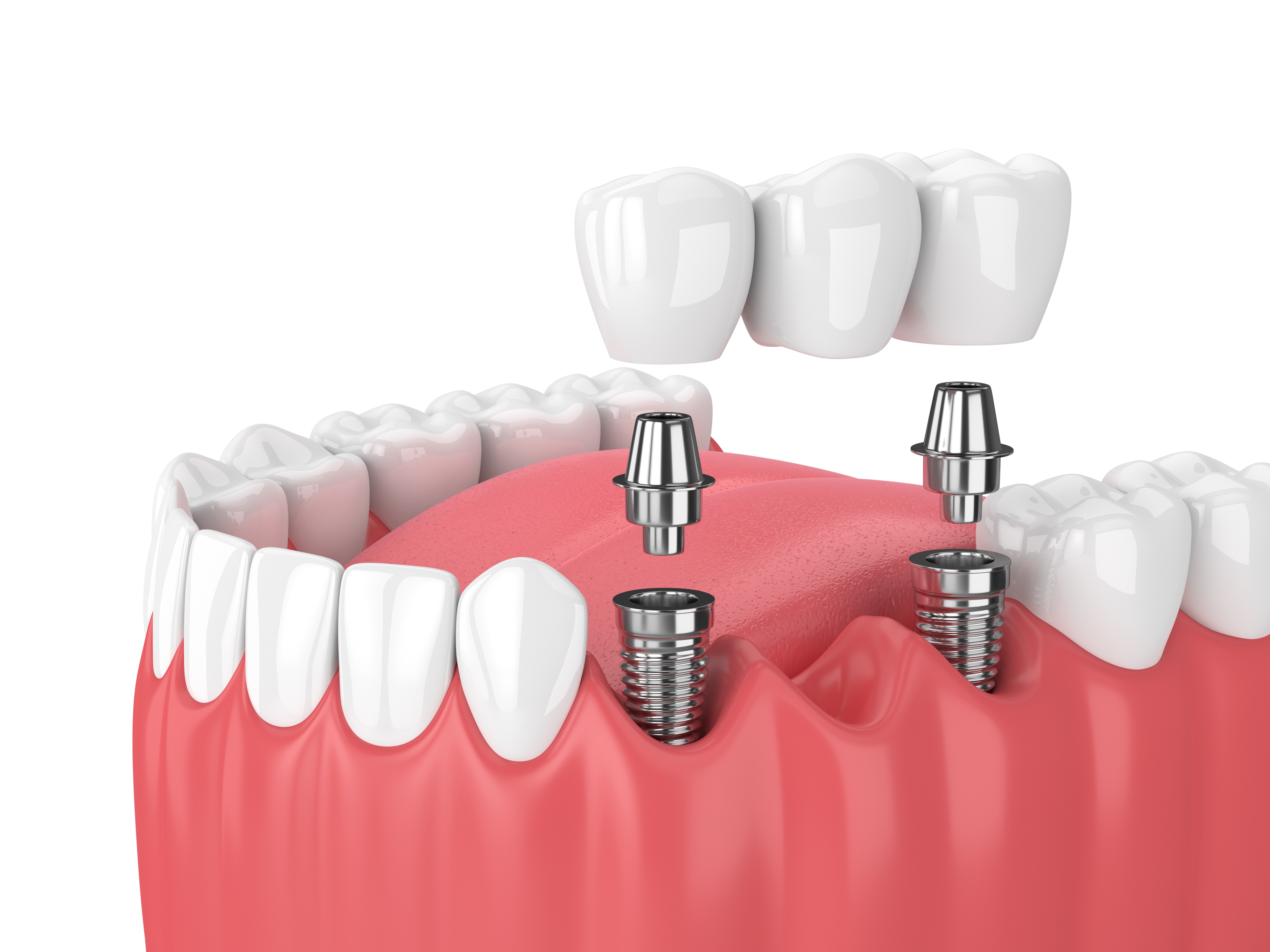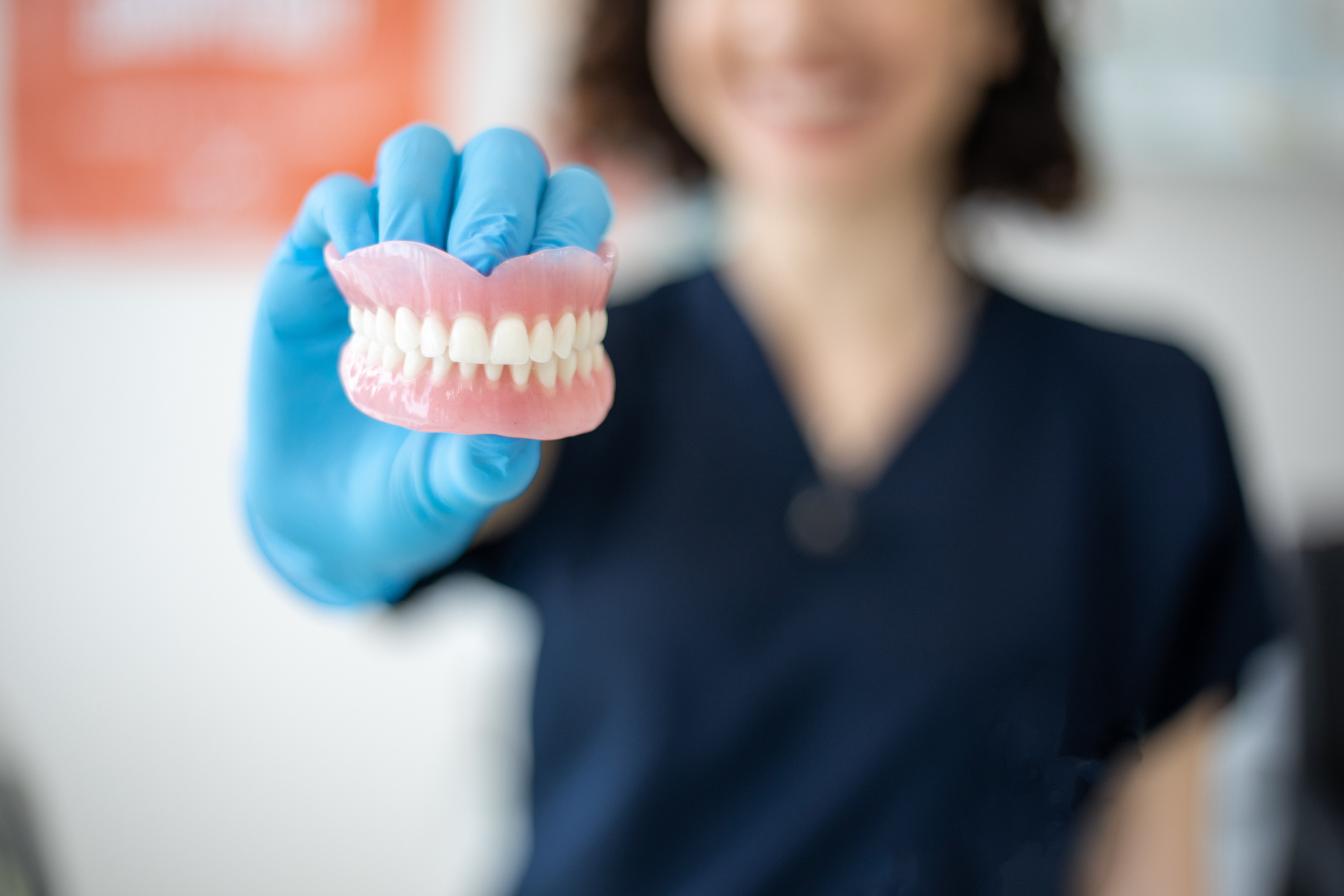Tooth loss may occur as a result of irreparable damage caused by dental decay, trauma, or the impact of gum disease on the supporting bone and gum tissues, ultimately leading to tooth loosening and eventual loss.
What happens when a missing tooth is not replaced?
There are several sequela (conditions which are the consequences of a previous disease) or consequences that might occur. These can affect various aspects of oral health, overall well-being, and even social interactions. Here are some common issues associated with missing teeth:
- Difficulty in chewing and biting, which might lead to impaired digestion:
- Missing teeth can make it challenging to chew and bite food effectively, leading to dietary restrictions, nutritional deficiencies, and ultimately digestive issues.
- Altered speech:
- Gaps caused by missing teeth can affect speech patterns, causing pronunciation difficulties.
- Changes in facial appearance:
- Jawbone resorption can result in a lack of support structure in the face, causing a sunken or sagging facial appearance.
- Self-esteem and confidence issues:
Aesthetic changes may impact an individual's self-image and confidence, thereby affecting their social interactions.
Drifting of adjacent teeth:
- Surrounding teeth may gradually drift or tilt into the empty spaces left by missing teeth, leading to dental misalignment.
Changes in bite:
- The altered tooth alignment can affect the way upper and lower teeth come together, causing an imbalance in your bite, which may result in an increased amount of pressure directed on the remaining teeth in the jaw.
Jawbone resorption:
- The absence of tooth roots can lead to bone loss in the jaw over time. This can result in a reduction of overall jawbone volume and compromise the structural integrity of the surrounding bone.
- Temporomandibular joint (TMJ) issues:
- Changes in bite and jaw alignment due to missing teeth can contribute to temporomandibular joint disorders, causing persistent clenching, jaw pain, and dysfunction.
Teeth replacement options
In the event of tooth loss, dentists can replace them with these methods:
- dental implants
- dental bridges, and
- dentures.
Dental implants
Considered one of the most durable and natural-looking solutions, dental implants are fixed appliances in the jaw that involve surgically placing titanium posts into the jawbone to serve as artificial tooth roots. These posts then support dental crowns, bridges, or dentures. Implants are sturdy, long-lasting, and function much like natural teeth. Implant placement might require additional pre-prosthetic procedures such as bone augmentation depending on the amount of bone support to hold the said implant.

Dental bridges
Dental bridges are fixed appliances which consist of one or more artificial teeth that are supported by adjacent natural teeth or dental implants. Just like the name implies, a dental bridge is like a special bridge we make to connect the teeth on each side of the gap. They fill the gap left by missing teeth, restoring both function and appearance. They can be made of metal, porcelain, or a combination of both.

Dentures
Dentures are removable prosthetic devices used to replace multiple missing teeth. Partial dentures replace some missing teeth, while complete dentures replace an entire arch (upper or lower teeth). The materials used may vary according to needs and demand, such as acrylic resin, thermoplastic resin, and cast metal. They can restore functionality and appearance but require regular maintenance and adjustments.

What is the best option for replacing teeth?
The choice of replacement depends on various factors, including the number of missing teeth, their location, overall oral health, bone density, and personal preferences. Consulting with a dentist or prosthodontist will help determine the most suitable option based on individual needs and circumstances.
Regardless of the chosen replacement, proper oral hygiene practices and regular dental check-ups are crucial to maintain the health and longevity of the replacement teeth or prosthetic devices.
FAQ
Can teeth be replaced permanently?
Yes, this is possible if both clinical expertise and personal care align optimally. However, it's important to acknowledge that in many cases, replacements may face challenges over time, primarily attributed to age-related changes in the surrounding tissues of the mouth. Hence, these replacements are typically categorised into two main options: fixed or removable, considering the varying longevity and adaptability of each.
How can I replace my teeth without implants?
In addition to implants, teeth can be replaced with alternative fixed or removable options. A fixed option includes dental bridges, while removable alternatives encompass dentures.
What is the most affordable way to replace missing teeth?
Removable dentures would be the most affordable option. Do keep in mind that each option aforementioned has their own indications and contraindications. In a nutshell, every individual’s treatment plan will differ according to your respective history and clinical findings.
For more information, contact us:
Thomson Dental Centre
Call: 6255 0770
WhatsApp: 8716 9594
Book an AppointmentDr Charlotte Goh
Dentistry
Thomson Dental Centre (Novena Specialist Center)
English
AIA Dental PPO, Alliance MediNet, IHP, Inova Care and 2 others

